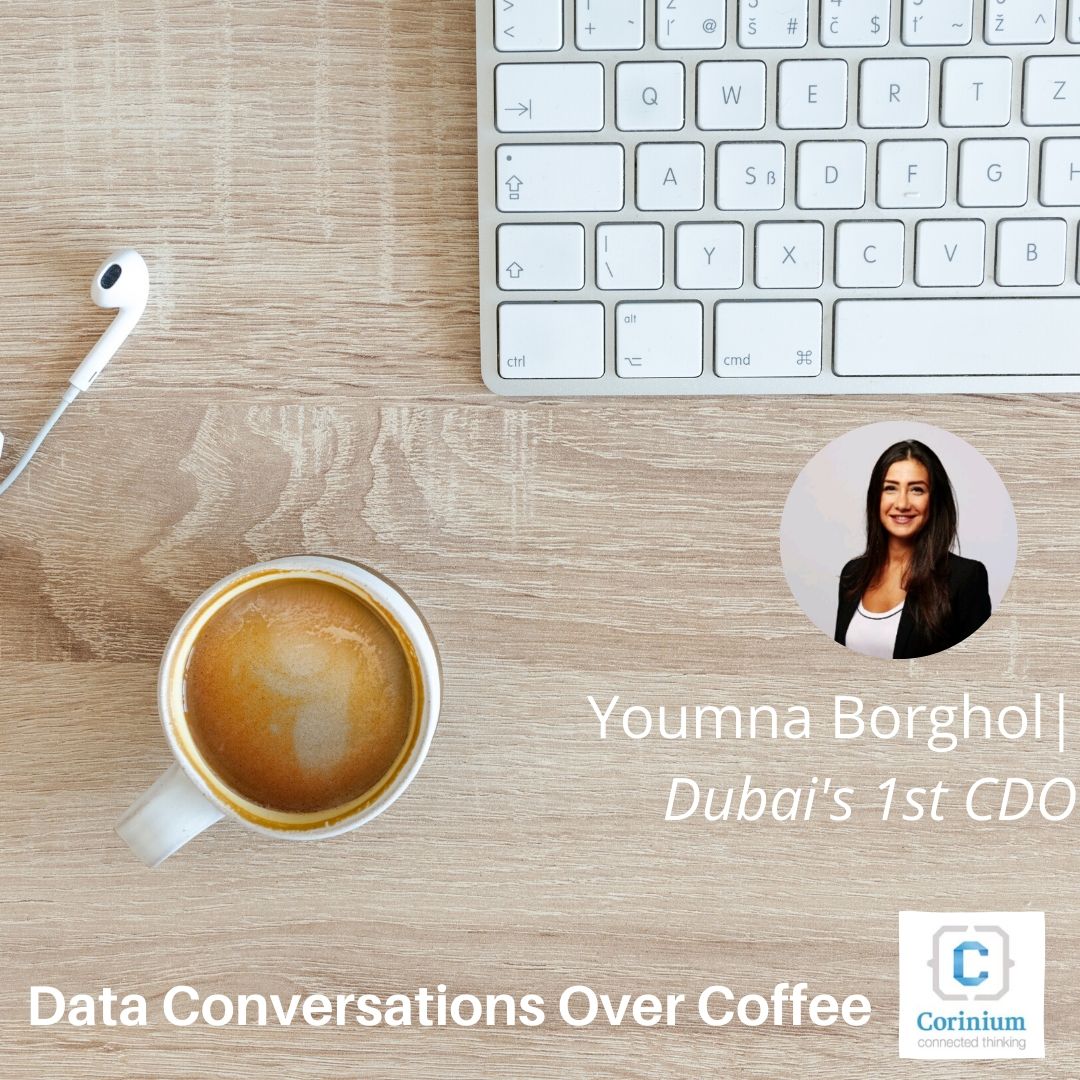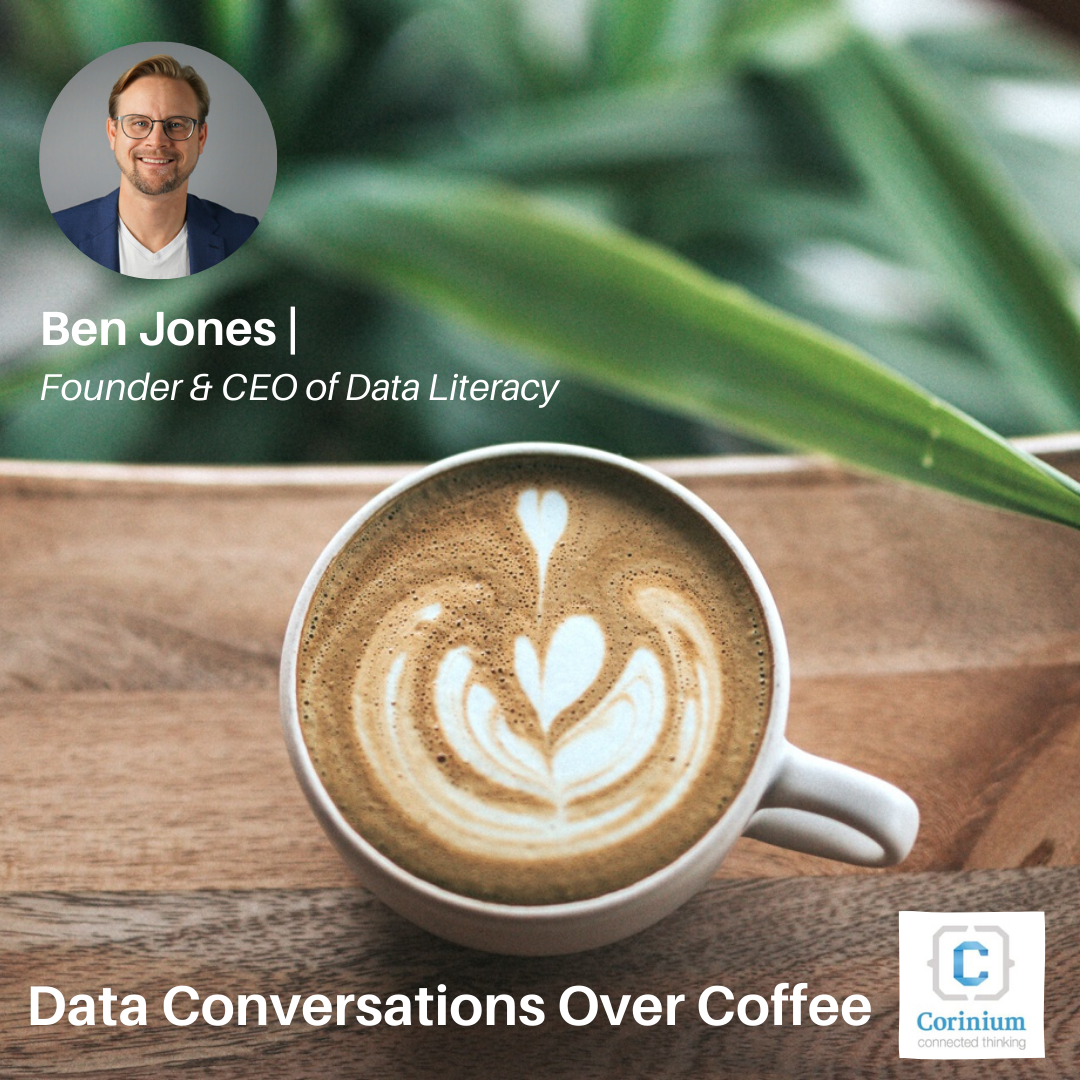Corinium’s data analytics events are designed to provide deep value to senior leaders and decision makers who are responsible for driving the strategic growth of data analytics within their organisations.
Gert Botes, Data Analytics Portfolio Director - MEA conducted a brief interview with Wesley Weidemann, Group Executive: Analytics, Life Healthcare Group who will be presenting at DataCon Africa (13 – 14 March 2019, Cape Town)
-------------------------------------------------------------------------------------------------------------------------------
Wesley, can you briefly take us through your typical daily activities?
Reading internal reports to see if they are value adding … asking “So what?” and driving deeper understanding from my team to ensure value-add. Reading analytics papers – Information Management sites and specifically Healthcatalyst.com for healthcare specific analytics topics. Tend to operational matters (in charge of Data, BI and Analytics).
Briefly, can you summarise the current state of analytics in the healthcare industry? Looking at latest trends, developments and challenges?
Difficult to gauge as it varies tremendously – many companies are stuck on “Advanced BI” rather than true analytics; to some already embarking on advanced use cases using AI (machine learning and deep learning algorithms). Definite need to grow the analytics space in South African healthcare, where advanced analytics is becoming common practice. This will go hand-in-hand with the digital agenda.
DataCon Africa has the theme of “Moving Towards a Data-Driven & Data-Centric Future”. Would you say that Life Healthcare is a data driven enterprise and what is your team doing currently to move towards the data-centric future?
Yes – we believe that data will be a strategic differentiator and, with the appointment of the Group Analytics Executive (me), sponsored by the Group Strategic planning Executive and CEO, being insight-led and data centric is part of our official strategy. We created a “Findings” session for each strategic ExCo and ManCo, where we discuss findings based on reports consumed/disseminated and showcase our analytics project findings to the relevant stakeholders. All our analytics initiatives have relevant stakeholder sponsorship (no analytics is done without an appropriate business problem/hypothesis formulation). Embarked on immersion sessions which are “open” - anyone can attend, especially operational staff. We discuss findings and take feedback from colleagues on the ground – improving our analytics findings, and imparting our analysis for operational improvement, new analytics ideas/use cases and implementation strategies.
Data analytics/data science professionals are currently high in demand, why do you think this is and how many years before supply overtakes the demand would you say?
Organisations have realised a long time ago that their data has more value than just collecting it. Company successes with analytics are also very well documented with companies like, Netflix, Facebook, Amazon, Microsoft, etc. clearly winning with analytics. Inevitably skilled resources were required to analyse the data – I believe that having data scientists will be common in the workplace but will not overtake demand. Like Doctors, Accountants, Actuaries, etc. these skilled individuals will evolve into the business in operational and strategic environments, applying their skills to run departments and companies better.
What advice do you have for anyone interested in a career in data analytics/data science?
Not in any specific order, understand the data value chain end-to-end; be well versed in data management principles and not just analytics principles: understanding the context and industry is most important when formulating hypotheses to test; try and be hands-on for as long as possible – stay involved as long as possible with analytics skills, once you get to management, it is easy to lose these skills; get coached and mentored by a seasoned professional – don’t be scared to do the “donkey work” and believe that analytics can truly change the way a company does business – derive all initiatives from business problems.
How can a person in a junior data analytics role move to becoming lead, head or executive would you say?
Be careful what you wish for… analytics is a professional track – your motivation, remuneration, etc. should not be determined by climbing the corporate ladder. But… if management is your aspiration, it is important to first make yourself known as an analyst – for this you need to demonstrate the points raised in the previous question.
You’re responsible for the Life Healthcare Group’s analytics. What is your vision for your department and what challenges have you faced in achieving the vision?
My vision = company vision is to ensure that Life Healthcare Group becomes insights-led and to continuously create actionable insights, and successfully implement these insights within apportioned RoI. Analytics initiatives are not always perceived to make a tremendous impact on a company’s bottom line, and the challenges I face are more around stakeholder management – working with various departments and group companies to drive the analytics agenda – what has worked well for me. Except being collaborative and co-creative, transparency is important – transparency in logging all analytics initiatives in a portfolio – implementing it rapidly and continuously measuring its RoI – running your analytics initiatives in a profit centre.
How would you describe the maturity of data analytics within South African companies? Do you feel like the profession is maturing and what’s driving this?
I do believe that the profession is maturing – there is more emphasis placed on insights in most, if not all, companies in South Africa. I believe that the maturity varies not only from company to company, but also within companies – there might not be a strategic company-wide intent for analytics in all companies but certain departments will have very good analytics and pockets of excellence will be aplenty in most.
Learn more from Wesley during his discussion at DataCon Africa:
Change Management – Vital Piece to the Puzzle
___________________________________________________________________________________
Wesley Weidemann, Group Executive: Analytics, Life Healthcare Group
Wesley Weidemann is a seasoned professional – currently the Group Executive for Analytics at Life Healthcare. Held many senior positions previously: Solution Architecture Lead, Delivery Lead: Analytics for Accenture Sub-Saharan Africa. Executive for Analytics at Telkom SA SOC Ltd, Senior Manager for Data Management at Deloitte, Senior Practice Manager for Analytics and Information Management for Wipro Technologies, Manager at Accenture Process and Information Management and Head of Business Intelligence at Momentum Group. Throughout my professional career, I have been specialising in all Applied Intelligence and Information Management disciplines, specifically, Advanced Analytics, Business Intelligence, Master Data Management, Data Migration, Data Governance, Data Integration, Data Warehousing, Data Strategies, Data Modelling and Data Architecture.



.png)




